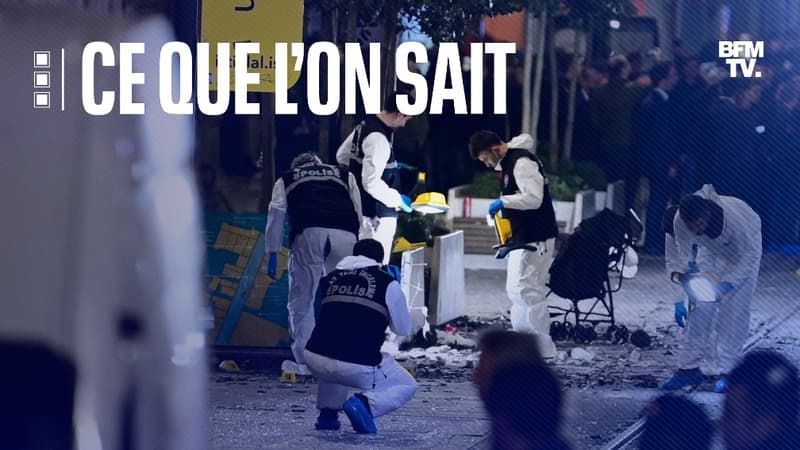A loud explosion sounded this Sunday in Istanbul, the main city and economic capital of Turkey. At least six people lost their lives and 81 were injured. President Recep Tayyip Erdogan denounced a “vile attack”. If the attack has not been claimed, the Turkish regime points to the responsibility of the Kurds of the Kurdistan Workers’ Party (PKK), considered a terrorist organization by Ankara.
• An attack on a busy street
This Sunday, in the middle of the afternoon, when the crowd was especially dense in this street popular with Istanbulis and tourists, an explosion sounded in the shopping street of Istiklal. With great power and accompanied by high flames, it was heard from afar and caused a panic movement.
Among the six people who died, all Turkish citizens, were a 9-year-old girl and a 15-year-old girl. Late in the afternoon, Health Minister Fahrettin Koca announced that “42 injured (remain) hospitalized, including five in intensive care, two in critical condition.”
Closed immediately after the attack, access to the street was authorized again on Monday morning, Turkish media reported. Istiklal Avenue, which means “Independence”, in the historical district of Beyoğlu, is one of the most famous arteries of the city, completely pedestrianized for 1.4 km.
Crossed by an old tram, full of shops and restaurants, it leads to Taksim Square and is used throughout the year by millions of locals and tourists. It had already been hit in March 2016 by a suicide attack that left five dead.
All the benches have been removed and a red carpet covers the place where the explosion occurred, on which passers-by come to place carnations, also red.
• The Kurdistan Workers’ Party accused by the government
The attack has not been claimed. However, the Turkish government blamed the Kurdistan Workers’ Party (PKK). “Based on our findings, the terrorist organization PKK is responsible,” Interior Minister Süleyman Soylu said.
“We believe that the order for the attack was given from Kobane,” he added.
A city famous for the battle that, in 2015, allowed Kurdish forces to repel the Islamic State group, Kobané is controlled by the Syrian Democratic Forces (SDF), including the People’s Protection Units (YPG), allied to the PKK, which are an important component.
For Ankara, all these movements are “terrorist”. The PKK has been in an armed struggle against the Turkish government since the mid-1980s. It is regularly targeted by Turkish military operations against its bases in northern Iraq and Syria.
• The main suspect arrested
“The person who planted the bomb has been arrested,” Süleyman Soylu announced Sunday night. As reported by the Turkish police on Monday, the attacker would be a Syrian national and would have admitted having acted on the order of the PKK.
The Interior Minister did not specify the conditions under which the suspected “person” was detained, nor whether it is a “woman” like President Recep Tayyip Erdogan and other members of the government.
Justice Minister Bekir Bozdag previously referred to a ‘bag’ placed on a bench: “A woman sat on a bench for 40 to 45 minutes and after one or two minutes there was an explosion. All the facts about this woman are currently under review,” he continued.
“Either this bag contained a timer or someone activated it remotely,” he added.
The minister then announced the arrest of twenty-one other suspects without specifying where the arrests had taken place.
The Turkish Higher Broadcasting Council (RTUK) quickly banned the media from broadcasting footage of the scene to “prevent scaremongering” and “serve the goals of terrorist organizations.” Access to social media was also restricted in Turkey after the attack, according to online restrictions monitor Netblocks.
Source: BFM TV


